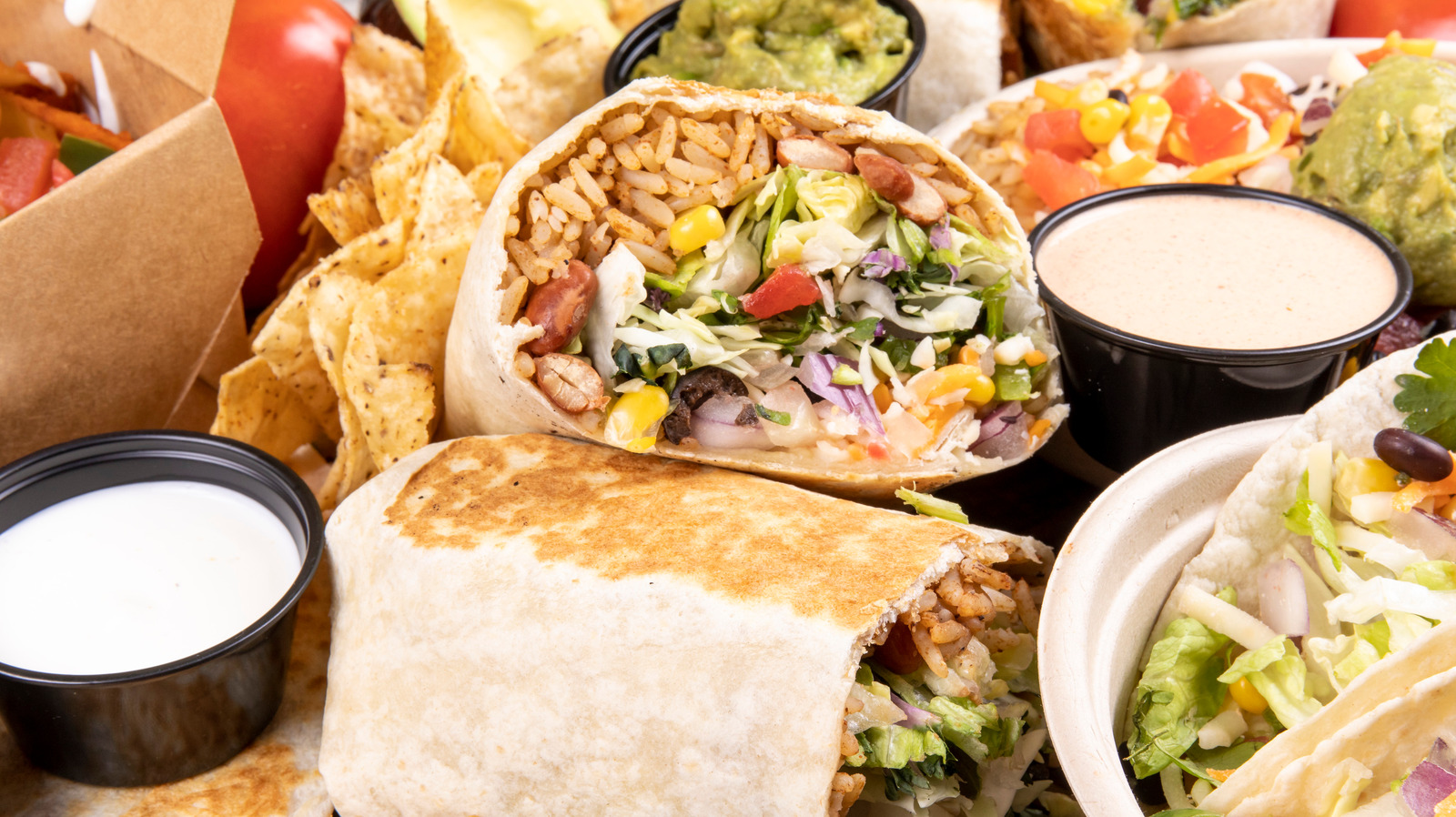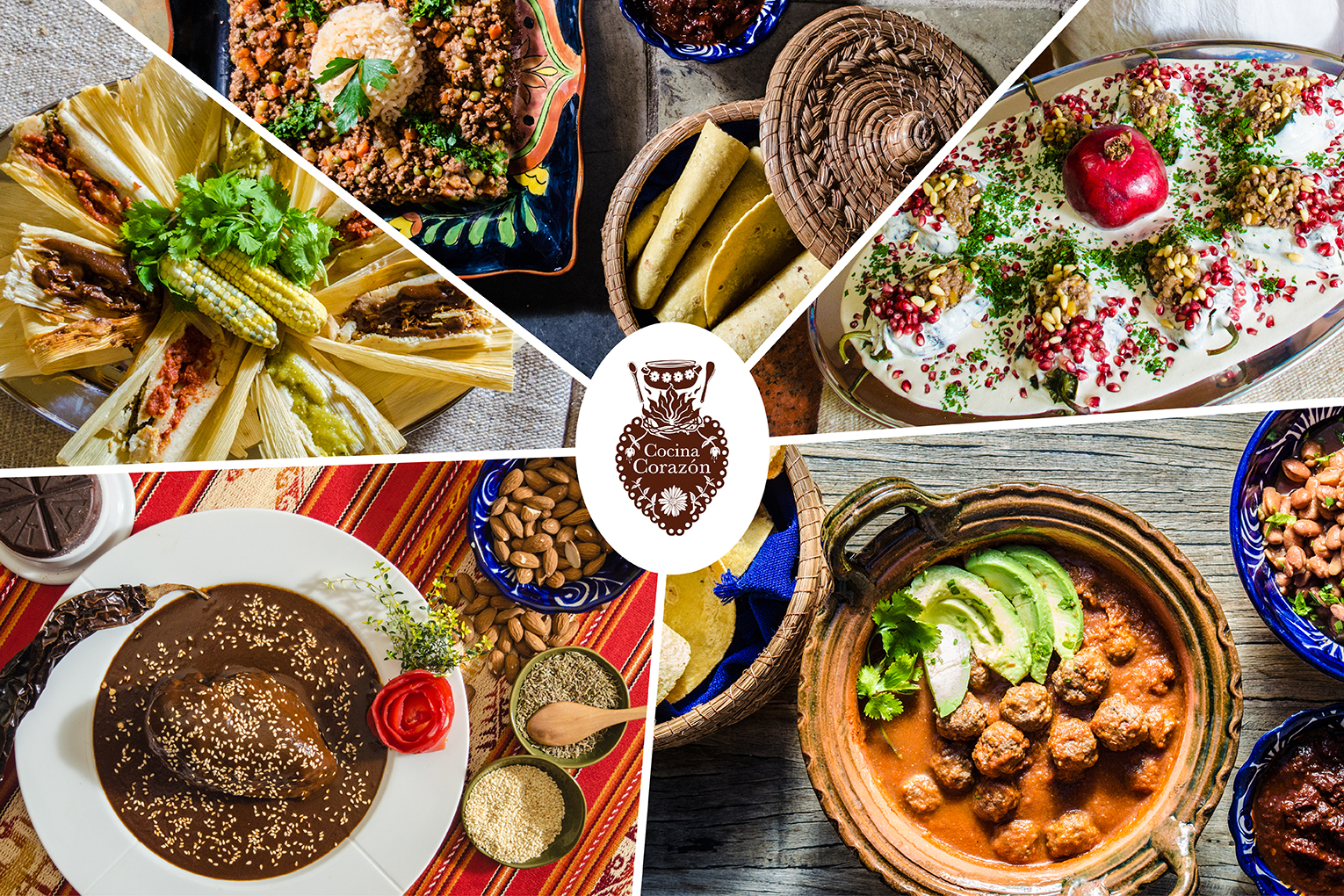How Mexican Cuisine Became a Global Favorite
Few culinary traditions have captivated the world like Mexican cuisine. Its journey from regional fare to a global sensation is a tale of tradition, migration, and innovation. Rooted in ancient Mesoamerican practices and shaped by centuries of cultural exchange, Mexican food transcends borders and tantalizes taste buds worldwide. 
This article delves into the historical, cultural, and culinary forces that have propelled Mexican cuisine onto the global stage.
The Roots: A Fusion of Ancient and Colonial Influences
 Mexican cuisine's story begins thousands of years ago with the indigenous peoples of Mesoamerica, including the Aztecs, Maya, and Zapotecs. Staples like maize, beans, and chili peppers were dietary cornerstones, revered not only as sustenance but as sacred symbols.
Mexican cuisine's story begins thousands of years ago with the indigenous peoples of Mesoamerica, including the Aztecs, Maya, and Zapotecs. Staples like maize, beans, and chili peppers were dietary cornerstones, revered not only as sustenance but as sacred symbols.
Maize and Nixtamalization
The process of nixtamalization (treating maize with lime water) revolutionized nutrition, unlocking essential vitamins and making tortillas a dietary mainstay.
Traditional Ingredients
Avocados, tomatoes, cacao, and vanilla emerged as culinary treasures long before European contact.
The arrival of the Spanish in the 16th century brought transformative changes. European ingredients like wheat, rice, dairy, and meat blended with indigenous staples, creating a fusion cuisine that laid the groundwork for modern Mexican food. The introduction of spices, such as cinnamon and cloves, added depth to dishes like mole, a complex sauce that epitomizes Mexican gastronomy.
Migration: The Catalyst for Global Spread
Migration, both voluntary and forced, has been a key driver in the global spread of Mexican cuisine. From farm laborers in the United States to chefs in cosmopolitan capitals, Mexicans have brought their culinary heritage wherever they’ve gone.
The U.S.-Mexico Connection
Proximity to the United States made Mexican food a natural introduction to American culture. Enclaves of Mexican immigrants established taquerias and eateries, introducing staples like tacos, burritos, and enchiladas. Over time, Mexican dishes became Americanized, with Tex-Mex emerging as a distinctive, albeit controversial, subgenre.
The Role of Pop Culture
Hollywood and global media popularized Mexican cuisine. Iconic dishes like guacamole became synonymous with celebrations, while margaritas took over bar menus worldwide.
Global Chains and Brands
The rise of global food chains further cemented Mexican food's international appeal. Companies like Chipotle, Taco Bell, and Guzman y Gomez adapted Mexican flavors for diverse audiences, packaging authenticity with accessibility. These brands created a gateway for people unfamiliar with Mexican food to explore its depth.
Culinary Versatility: Appealing to Every Palate
One reason for Mexican cuisine's universal appeal is its extraordinary versatility. Whether savory, spicy, or sweet, the cuisine offers something for everyone.
Adaptable Recipes
Dishes like tacos and quesadillas are endlessly customizable, accommodating local ingredients and dietary preferences. Vegan, vegetarian, and gluten-free adaptations have gained traction without compromising authenticity.
Flavor Complexity
The intricate balance of flavors—spicy, tangy, smoky, and sweet—resonates with global palates. Sauces like salsa verde and chipotle aioli have become staples beyond Mexican restaurants.
Street Food Culture
Mexican street food, or antojitos (little cravings), is a cultural phenomenon. Portable, affordable, and bursting with flavor, options like tamales, elotes, and churros have gained international acclaim.
Cultural Ambassadorship and UNESCO Recognition
The international success of Mexican cuisine owes much to its recognition as an essential cultural heritage. In 2010, UNESCO added Mexican cuisine to its list of Intangible Cultural Heritage of Humanity, citing its unique ingredients, cooking methods, and cultural significance.
Mexican Chefs on the Global Stage
Visionary chefs like Enrique Olvera and Gabriela Cámara have elevated Mexican cuisine to fine dining. Their restaurants, such as Pujol and Contramar, showcase traditional ingredients in innovative ways, attracting foodies from across the globe.
Fusion and Reinvention
Mexican food has seamlessly blended with other culinary traditions, leading to exciting fusions like Korean-Mexican tacos and sushi burritos.
Festivals and Culinary Tourism
Mexican culinary festivals, such as Día de los Muertos celebrations and chili cook-offs, have become international events. Additionally, regions like Oaxaca and Puebla attract tourists eager to experience authentic flavors, from mole negro to grasshopper tacos.
The Role of Social Media
Platforms like Instagram and TikTok have amplified Mexican food's visual appeal, making dishes like birria tacos and tamales viral sensations. The photogenic nature of Mexican food—bright colors, intricate garnishes, and dramatic plating—has fueled its desirability.
The Future: Sustaining Authenticity Amid Globalization
As Mexican cuisine continues to gain popularity, preserving its authenticity while embracing innovation remains a challenge.
Sustainability in Ingredients
The demand for avocados and other key ingredients has raised concerns about environmental impact. Initiatives promoting sustainable farming and fair trade are crucial for the future.
Cultural Respect
Ensuring that Mexican cuisine is celebrated respectfully, rather than appropriated, is vital. Authenticity must coexist with adaptation, honoring its roots while accommodating global palates.
Education and Representation
Culinary schools, food media, and cultural institutions play a pivotal role in educating people about the history and significance of Mexican food. Empowering Mexican chefs and communities to share their narratives ensures that the cuisine's evolution remains inclusive.
Conclusion
From humble origins in Mesoamerican kitchens to Michelin-starred restaurants, Mexican cuisine is a testament to the power of food as a cultural ambassador. Its journey is one of resilience, adaptation, and innovation, reflecting the spirit of a people who have shared their traditions with the world. As Mexican food continues to thrive globally, it invites us to savor not just its flavors but the rich history and heritage behind every bite.
References
- Traditional Mexican Cuisine
- History of Mexican Food
- The Story of Tacos
- Cultural Significance of Maize
- How Chipotle Revolutionized Fast Food
- Mexican Chefs Leading the Way
- Impact of Social Media on Food Trends
- Sustainability and Mexican Cuisine
- Mexican Fusion Food Trends
- Mexican Street Food Around the World










































